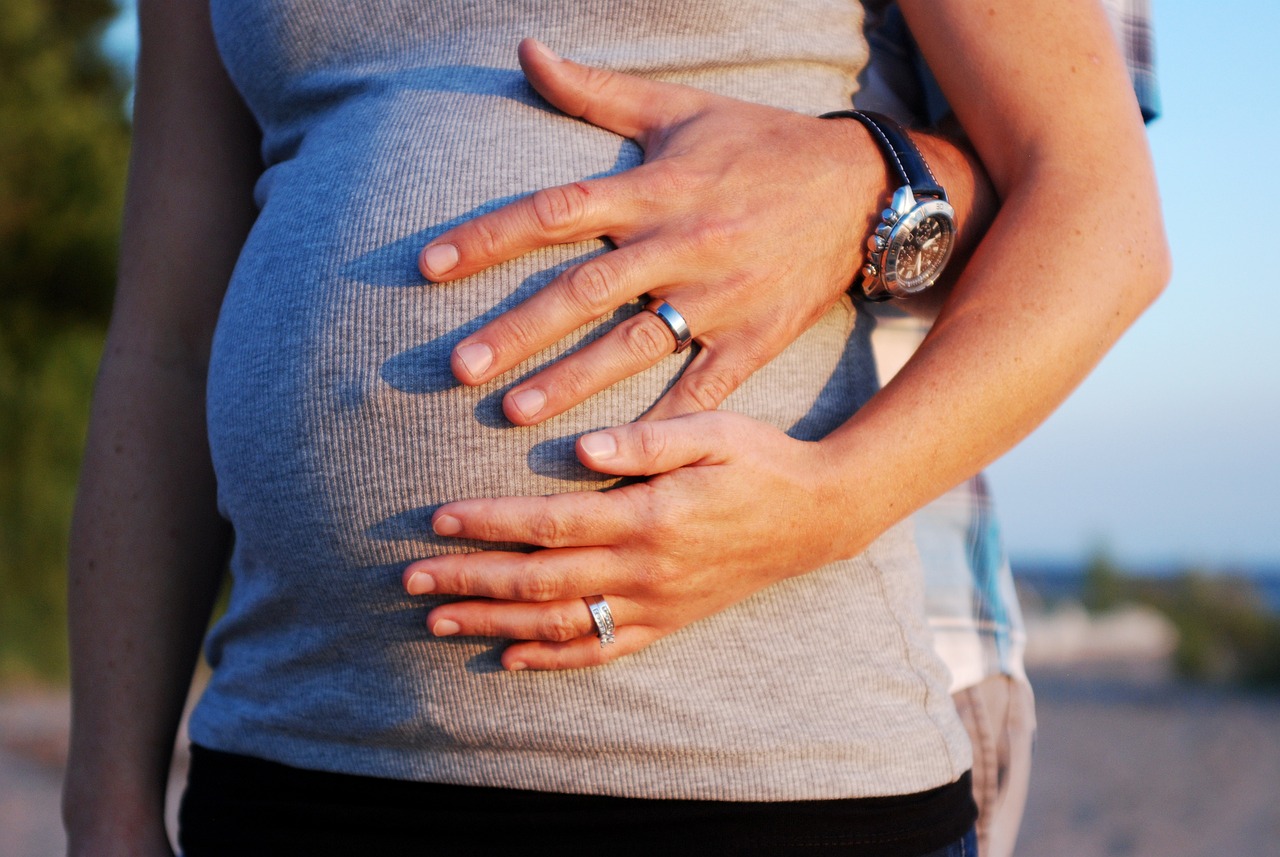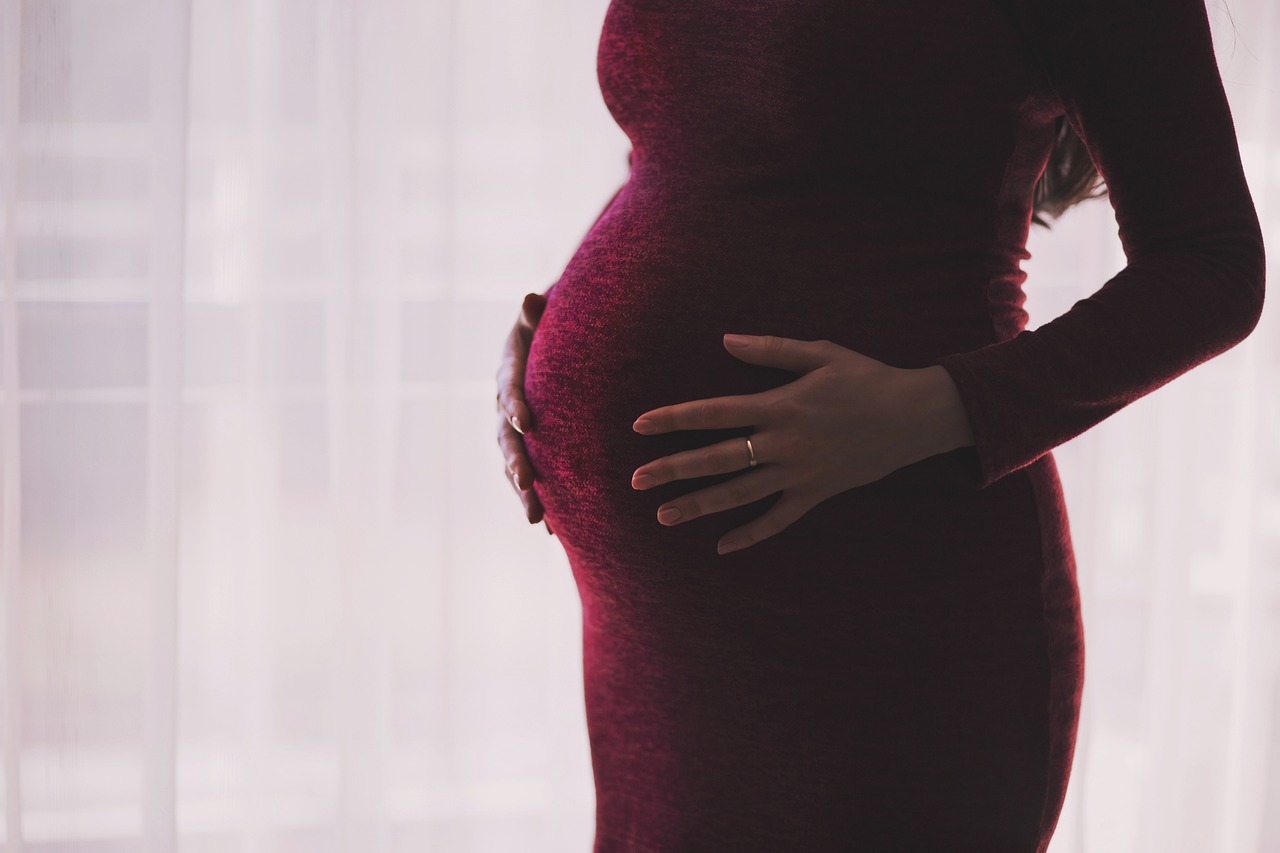Pregnancy is a life-altering event, one filled with joy, anticipation, and sometimes anxiety. The journey to motherhood, however, is not always smooth. Among the hardships some women face, miscarriages can be an incredibly painful experience. Miscarriage, defined as the spontaneous loss of a pregnancy, is more common than most people realize. According to the American College of Obstetricians and Gynaecologists, about 10-25% of all clinically recognized pregnancies end in miscarriage. While every pregnancy loss is unique and can stem from a variety of causes, there are a few leading factors that research points to most often. An understanding of these causes can help women and lead to better support systems for those affected.
1. Chromosomal Abnormalities
The majority of miscarriages, especially those that occur in the first trimester, are often due to chromosomal abnormalities. In fact, studies suggest that these abnormalities may be responsible for about 50-70% of all miscarriages. Any irregularity in the number or structure of chromosomes can disrupt normal development. These abnormalities could be due to several reasons, including advanced maternal age or damaged sperm or egg cells. However, it is important to understand that there's typically nothing parents can do to control or prevent these chromosomal issues.
2. Maternal Health Conditions
Various maternal health conditions can increase the risk of miscarriage. These include chronic illnesses such as uncontrolled diabetes, certain autoimmune diseases like lupus, severe infections, and hormonal disorders such as polycystic ovary syndrome (PCOS). Additionally, problems with the uterus or cervix might also contribute to pregnancy loss. Maintaining a healthy lifestyle, managing chronic conditions, and having regular check-ups can go a long way in ensuring a safer pregnancy.
 Image by Cindy Parks from Pixabay
Image by Cindy Parks from Pixabay
3. Lifestyle Factors
Lifestyle plays a significant role in maintaining a healthy pregnancy. Habits like smoking, drug use, and excessive consumption of caffeine or alcohol can considerably increase the risk of miscarriage. Furthermore, obesity and severe malnutrition can also influence pregnancy outcomes. Pregnant women are generally advised to adopt a healthy lifestyle, avoid harmful substances, and strive for balanced nutrition for the wellbeing of both the mother and baby.
 Image by Anastasiia Tymofieieva from Pixabay
Image by Anastasiia Tymofieieva from Pixabay
4. Environmental Toxins
Pregnant women's exposure to certain environmental toxins can pose a risk to a healthy pregnancy. These include lead, arsenic, some chemicals used in plastics like BPA, pesticides, and high doses of radiation. Minimizing exposure to these toxins, especially during the early stages of pregnancy, can help protect the developing fetus.
 Image by ekseaborn0 from Pixabay
Image by ekseaborn0 from Pixabay
5. Advanced Maternal Age
With increasing maternal age, the risk of miscarriage also rises significantly. Women aged 35 years or older have a higher risk of miscarriage than younger women, and this risk continues to increase with age. This is largely due to the higher likelihood of chromosomal abnormalities in the eggs of older women. While age is not something we can control, awareness of this risk can help guide reproductive decisions and expectations.
 Image by gabananda from Pixabay
Image by gabananda from Pixabay
Understanding these leading causes of miscarriage can help provide some context to an event that often leaves women and their families feeling powerless and confused. It's essential to remember that miscarriages are usually the result of circumstances beyond anyone's control. It does not reflect on a woman's worth or her ability to carry a pregnancy in the future. Most women who have a miscarriage go on to have successful pregnancies later. It's a delicate journey, but with understanding, compassion, and care, parenthood is possible and attainable for many.








